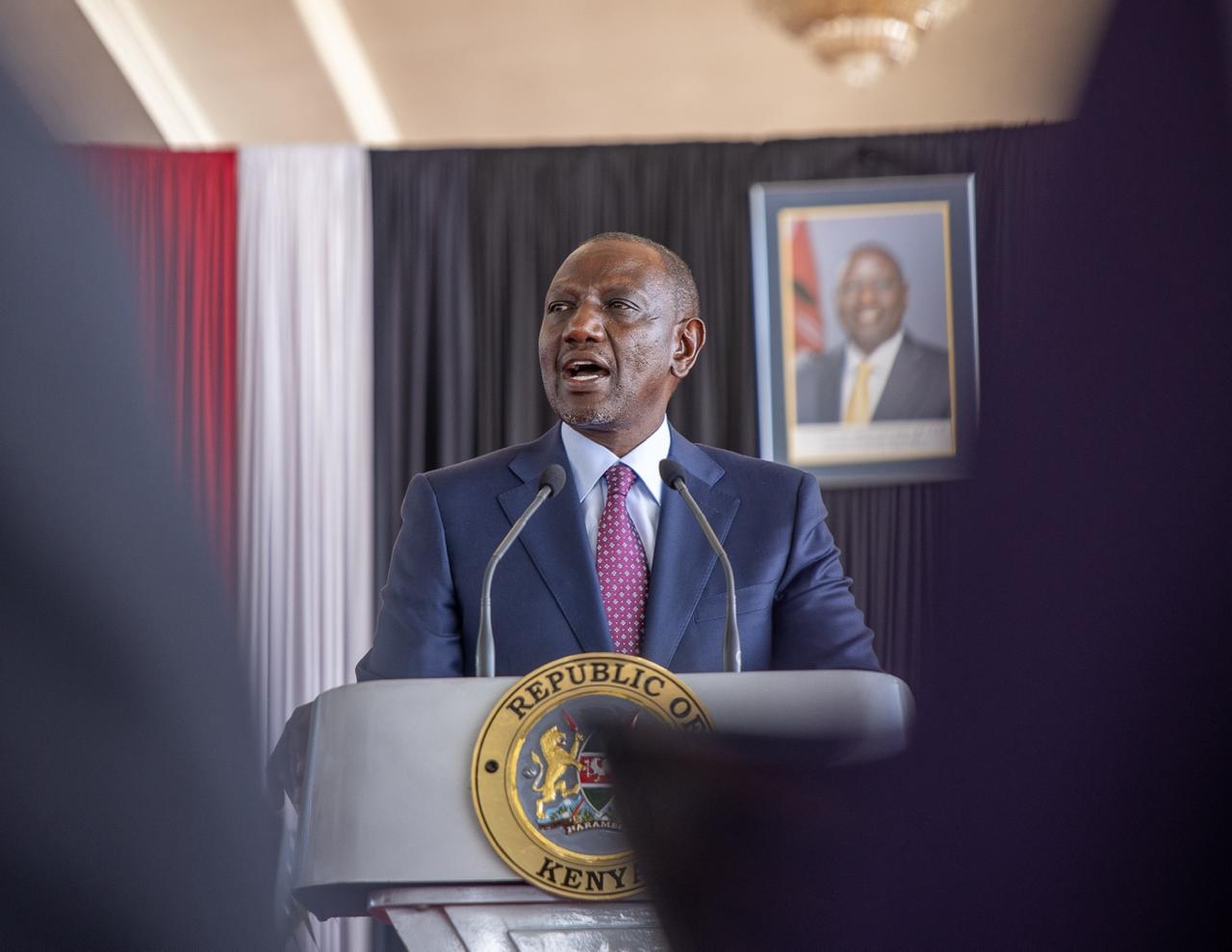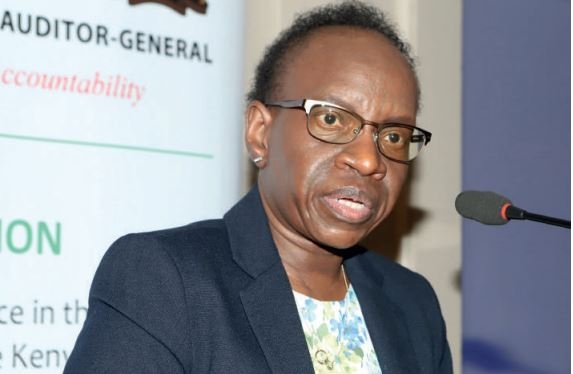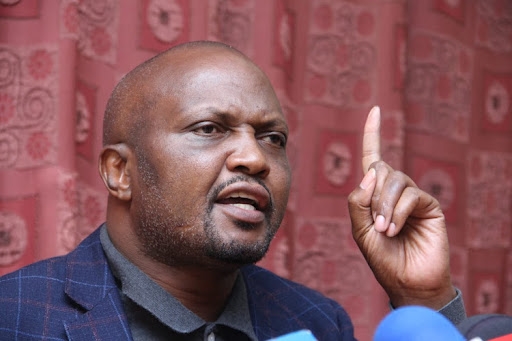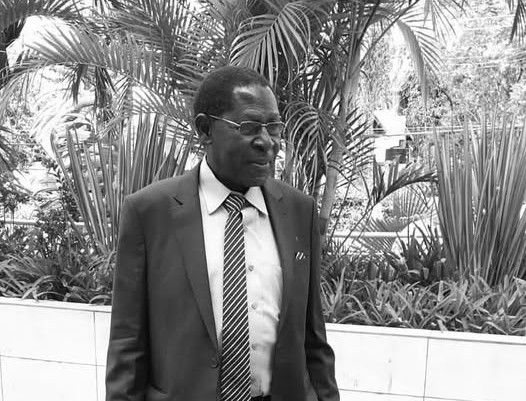
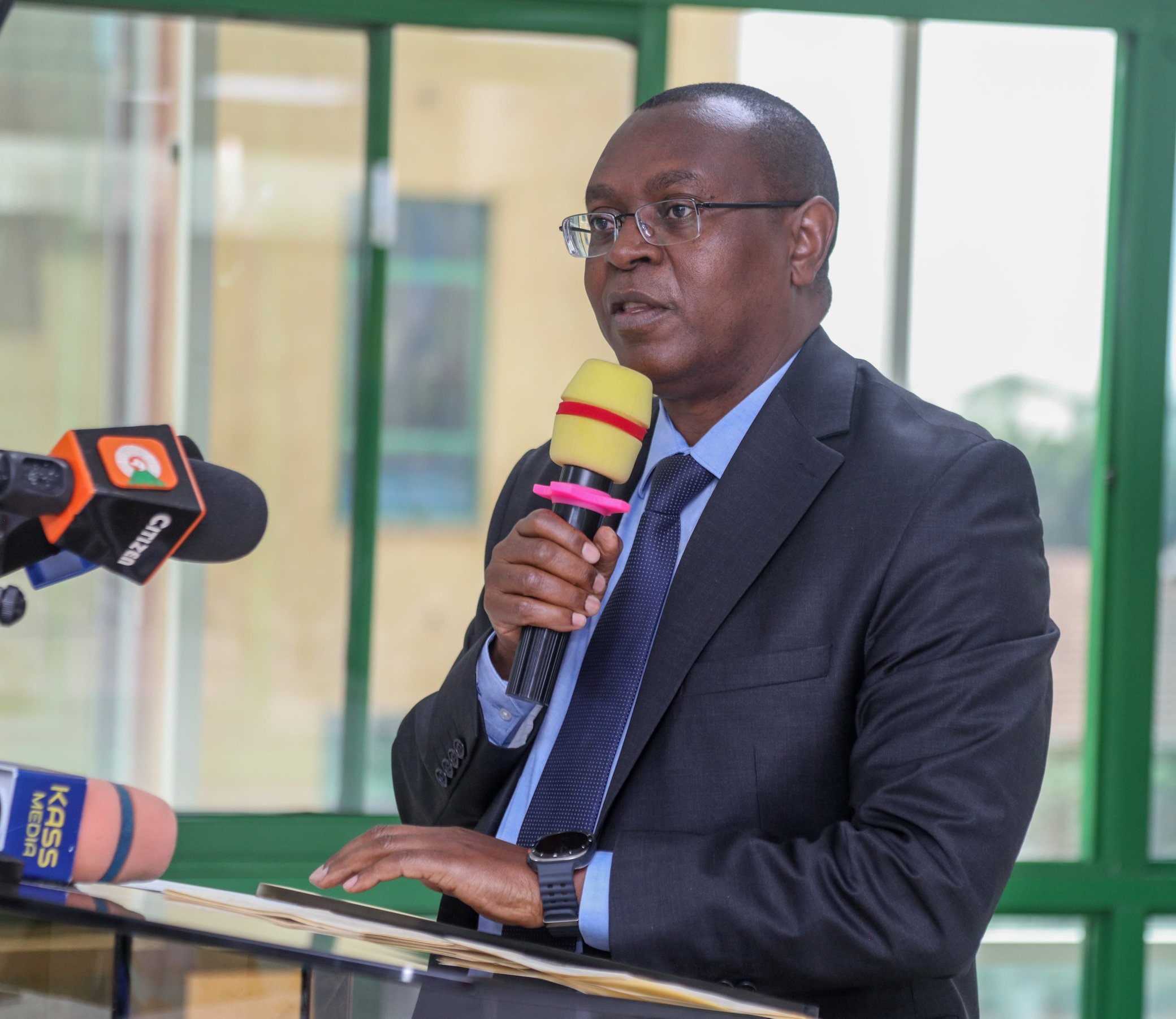
The Kenya National Examinations Council (KNEC) has unveiled a series of reforms aimed at tightening exam security and curbing malpractice ahead of the 2025 national examinations season, which begins on October 17.
Among the key reforms is the introduction of personalised question papers for both the KCSE and the inaugural Kenya Junior School Education Assessment (KJSEA).
Each candidate will receive a paper printed with their name, index number, and space for signature, making impersonation nearly impossible.
Candidates will also write answers directly in the question booklets, which will carry detachable counterfoils to be collected separately after each paper.
According to KNEC, this system eliminates confusion and ensures accountability.
“This innovation promotes fairness, transparency, and integrity in the marking process. Every candidate will have a uniquely identifiable paper, and this will reduce the chances of cheating,” said KNEC CEO David Njengere.
The 2025 exams will also pilot the use of digital smart padlocks in 250 exam storage containers.
These high-tech locks are expected to provide real-time tracking and additional safeguards against unauthorised access.
Officers responsible for the padlocks will undergo training ahead of the rollout.
Security remains a pressing concern, especially given past scandals where exam papers were leaked ahead of time.
Njengere noted that the double collection method for morning and afternoon KCSE sessions will continue, a measure credited with reducing early exposure in recent years.
The exams will cover a record 3,424,836 candidates, including 996,078 for KCSE, 1,298,089 for KPSEA, and 1,130,669 for KJSEA. To manage this, KNEC will deploy thousands of staff and officers, including 54,782 invigilators and 22,247 security officers.
Njengere stressed that teachers assigned to supervise will be expected to demonstrate integrity.
“Supervisors and invigilators are the frontline defenders of exam credibility. We count on their professionalism to safeguard the future of our learners,” he said.
He made the remarks during the official launch of the exams season at Mtihani house in South C.
Council's board chairperson Julius Nyabudi, on his part, said they have put in place measures to ensure the performance of the learners is a true reflection of their effort.
He said the council relies on all relevant stakeholders to ensure the examinations are conducted according to the laid-down rules and regulations, with
utmost integrity, fairness, and respect for the values that define the country's education system.
"In discharging our tasks during the administration of examinations and assessments, we must ensure fairness, transparency, and integrity in order to maintain desired standards and credibility of our education system," he said.







